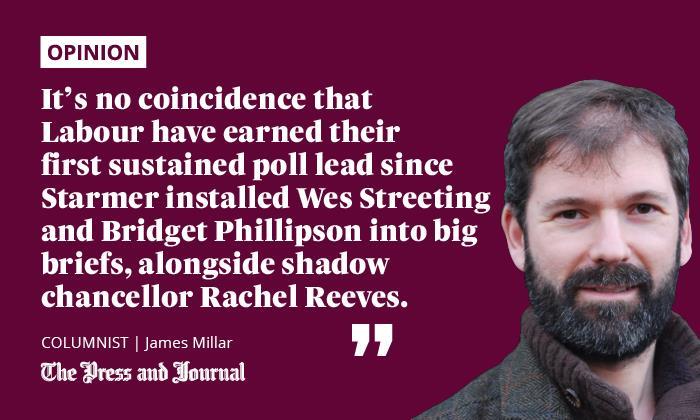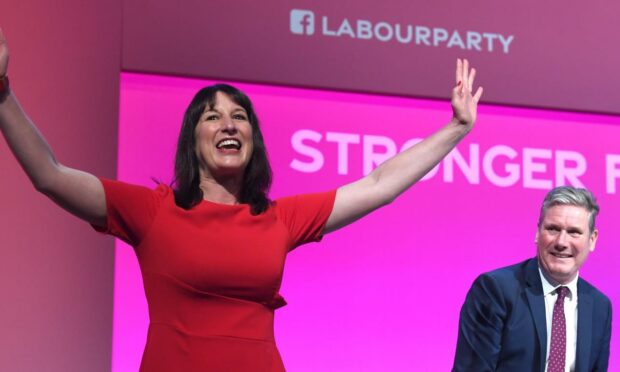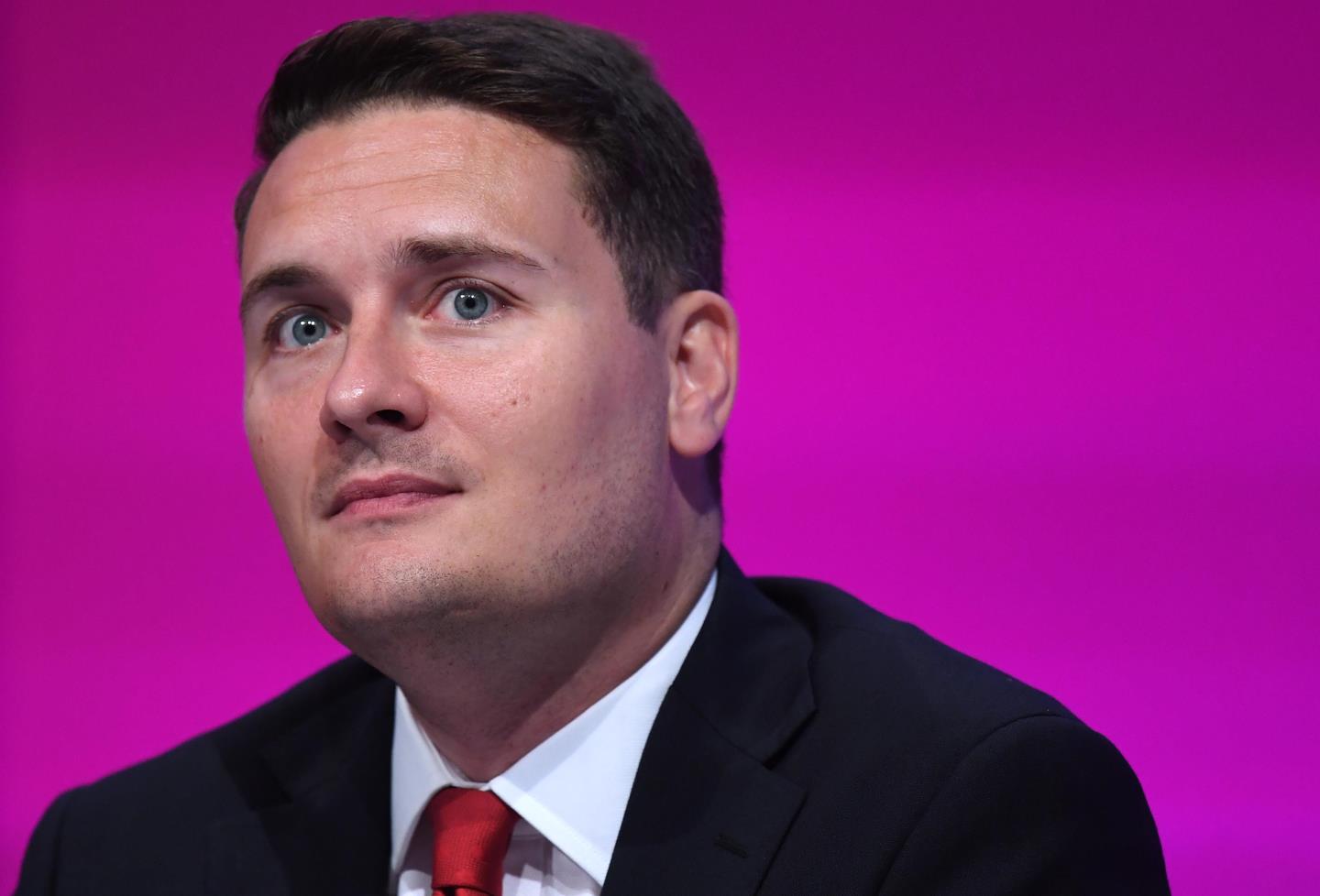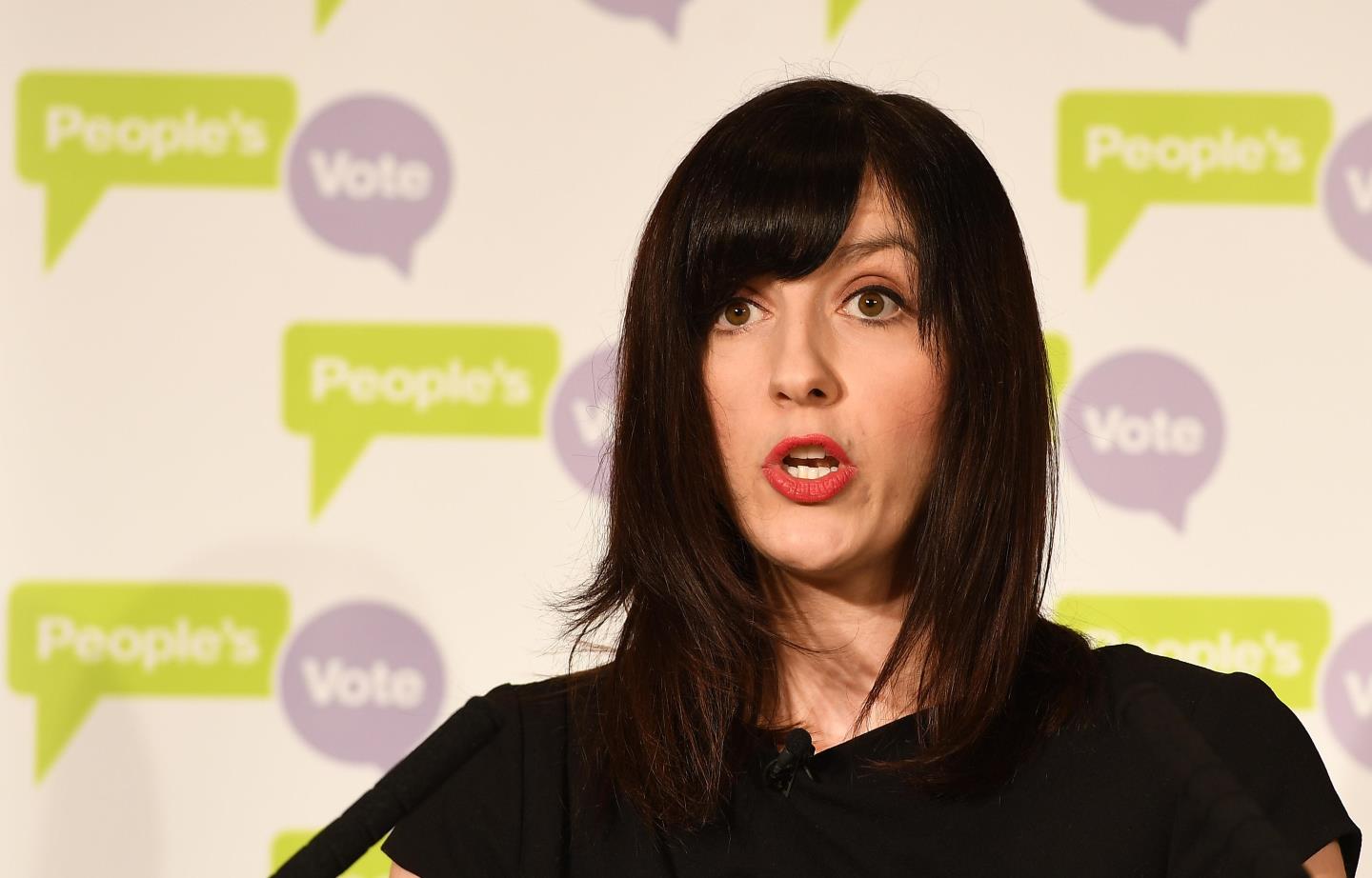It seems appropriate at this time of year to consider the Labour Party’s Three Wise Persons.
Rachel Reeves, Wes Streeting and Bridget Phillipson are the politicians making the running and generating chatter in Westminster circles right now. And they are the names that will be making headlines next year.
Streeting at health and Phillipson at education may be shadowing departments that are devolved, but they are key to making Labour electable again – as such, they will be unavoidable across the UK next year.
 The return of Yvette Cooper to Keir Starmer’s front bench caught the eye when he reshuffled his top team last month, but it’s the actions of the others in the weeks since that have underlined the feeling that Labour’s turned a corner.
The return of Yvette Cooper to Keir Starmer’s front bench caught the eye when he reshuffled his top team last month, but it’s the actions of the others in the weeks since that have underlined the feeling that Labour’s turned a corner.
It’s no coincidence that the party have earned their first sustained poll lead since Starmer installed Streeting and Phillipson into big briefs, alongside shadow chancellor Rachel Reeves.
Reeves is taking on Rishi
Reeves has been in post since the summer, giving her a Budget to go up against opposite number, Rishi Sunak. Her strategy to make Sunak look as insubstantial as his boss Boris Johnson is unserious is clearly biting. There’s already talk of the chancellor slashing income tax ahead of the next election, a step that will smack of desperation, albeit one that will not be unwelcome with the electorate.
Wes Streeting is making a virtue of pragmatism in the health brief. Having recently endured kidney cancer, he has a benefit he’d probably rather not have of direct experience of the NHS.
The current government has leant on the NHS like no other before it. But pussyfooting with pay rises and attempting to demonise, of all people, GPs suggests Number 10 is grateful to the NHS for being there to save its bacon rather than for the universal ideology it embodies.
Phillipson is perhaps the most intriguing of the trio. She’s been handed the shadow education brief, replacing Kate Green. Green has a manner that is unmistakably Scottish – straightforward, hardworking, intellectually rigorous. So, she was entirely unsuited to frontline politics in Westminster, unfortunately.
Phillipson brings much-needed pragmatism
Phillipson has spent much of the years since she was elected in 2010 in the shadows, in keeping with her apparently goth sensibilities. But she’s been learning her trade in that time. The ideological churn of recent times means that, too often, MPs go straight from getting elected to being given a ministerial or shadow ministerial role because they happen to be a part of whichever narrow sect has seized control of their particular party, whether that be Brexit headbanger or braindead Corbynite acolyte.
I’d be amazed if the education policies Phillipson contributes to the next Labour manifesto are not put into action
Bridget Phillipson has, instead, learned politics and, like Streeting, brings a refreshing and – whisper it – Blairite pragmatism to her role. Most parents don’t give a fig for ideology, they simply want the best education for their children, regardless of whether that involves teaching times tables or critical race theory, and whether it’s delivered by Labour or Conservatives.
Those that know her state with conviction that Phillipson will spend the Christmas break researching and thinking and will bring forward serious and imaginative proposals in the new year. I’d be amazed if the education policies she contributes to the next Labour manifesto are not put into action – whether that be by a Labour government, nicked by the Tories, or adapted by the SNP for Scotland.
And Scotland may yet get to know these politicians. Reeves and Phillipson were elected to Westminster in 2010, alongside current Scottish Labour leader Anas Sarwar and Labour’s great survivor, the Edinburgh MP Ian Murray. For all of that cohort, the Scottish independence referendum was the great upheaval of their first term in parliament.
Labour need to learn lessons from Scottish politics
Too many in Westminster still regard the 2014 independence vote as an aberration best forgotten, while treating the Brexit referendum two years later as the founding moment of a new politics, to be revered and constantly referred to since.
Not so, these particularly bright and shiny new shadow cabinet ministers. They are known to badger their Scots counterparts for intelligence and insight.
Our latest government approval rating shows the Conservatives slumping to a net score of -43.
Approve: 20% (-6 on 5 Dec)
Disapprove: 63% (+10)https://t.co/RbhfLYT3pU pic.twitter.com/JTlJV8qMMU— YouGov (@YouGov) December 14, 2021
Labour can win power without making gains in Scotland – good luck to every and any SNP MP who chooses to keep Boris Johnson in Number 10 in the event of a hung parliament. But, to win an election outright, they need more Scots MPs and, crucially, to utilise the lessons learned from Scottish politics since a divisive referendum shook up the old realities.
Electoral gravity has begun to take hold of the Tories in recent weeks. They may only be able to offer the soap opera of leadership speculation in 2022.
If Labour’s new look shadow cabinet, and the standout members like Reeves, Streeting and Phillipson, offer pragmatism, ideas and competence, the whole of the UK may come to pay attention.
James Millar is a political commentator and author and a former Westminster correspondent for The Sunday Post












